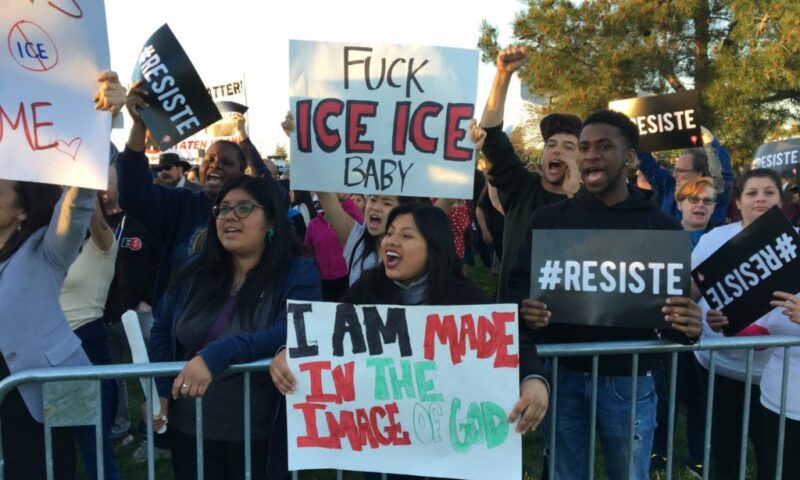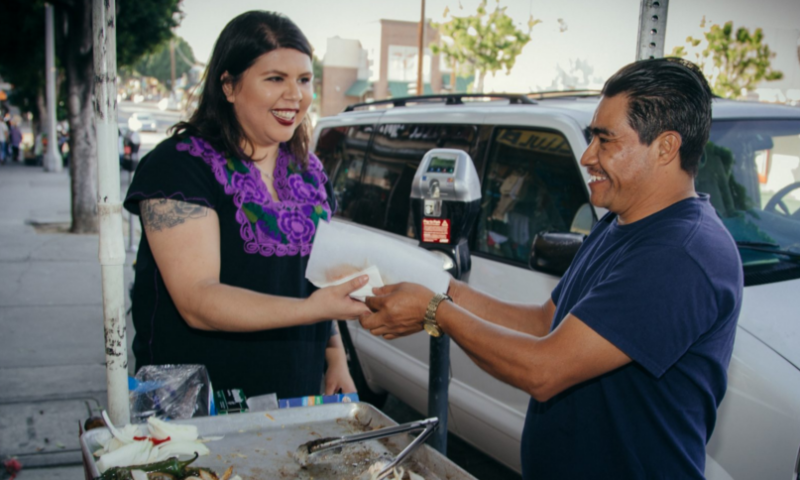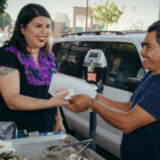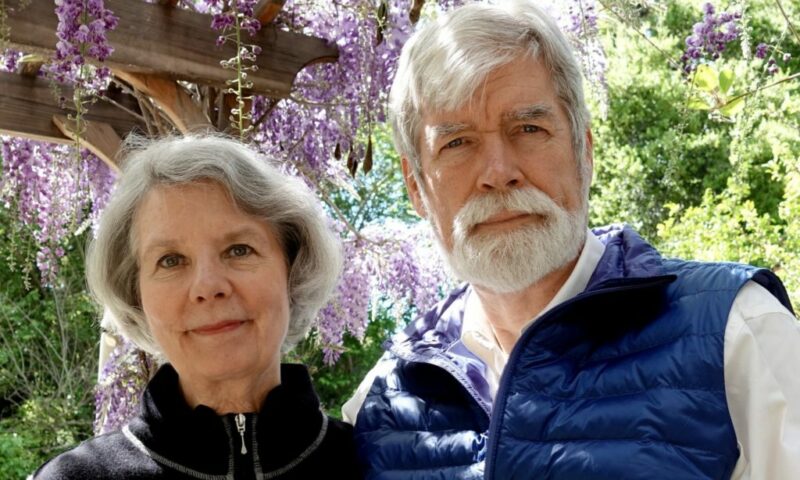

Some experts argue that private-sector efforts to stop climate change have penetrated too deeply into the business world, and claimed too much capital, to be thwarted by any single federal administration.


Last Friday, the Sheriff of Sacramento County, Scott Jones, announced that he would host a community forum with Thomas Homan, the acting director of Immigration and Customs Enforcement (ICE).


Writer/director Tim Robbins’ Harlequino: On to Freedom at the Actors’ Gang is a messy, boisterous show whose message about personal freedom and self-determination comes through simply and clearly.


Co-published by The Nation
How do Californians see themselves and their state in this strange and dangerous historical moment? Capital & Main explores this question through the words of 10 Californians from very different racial, economic and geographic backgrounds.


A video by Marco Amador capturing the optimism of Californians in a time of uncertainty.


Today we hear from 10 Californians who were interviewed by Sasha Abramsky and who articulate what it means to live in the Golden State at a time when the basic foundations of community life and personal happiness are threatened by a toxic political climate.


She specializes in Japanese history and is a seventh-generation Californian. He is a pioneering expert in the field of computational linguistics and a first-generation Californian, a migrant from St. Louis.


Co-published by The Nation
Will Scott is president of the African-American Farmers of California. He spoke in the living room of his ranch house just outside Fresno.


Co-published by The Nation
Justino Mora is a DREAMER and cofounder of undocumedia.org.


Co-published by The Nation
Lydia Avila is a young Boyle Heights-based community organizer with California Calls, an alliance of 31 social justice organizations across the state that conducts voter-engagement campaigns.